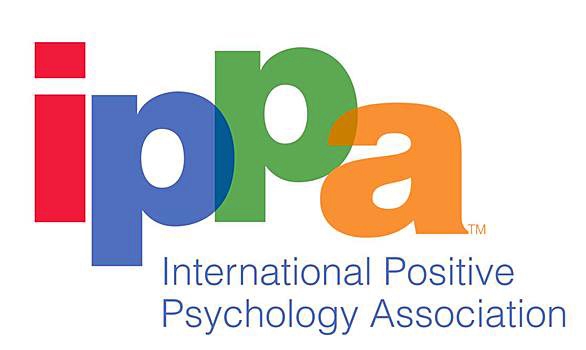
Think about things that are contagious: epidemics, measles, chicken pox and emotions. If your boss comes in Monday morning acting as if she won the lottery, you feel better. If your close friend feels despondent, you start to drag as well. We mirror the emotions of those closest to us, which can be a good thing if we’re always aware of who we’re around, and a very bad thing if we’re not aware of the impact others’ emotions can have on us.
Emotional intelligence is usually thought of as our ability to manage our own “hot buttons” while understanding someone else’s emotional needs and acting on those needs in ways that build relationships and empower the individual. But it can also be the ability to set the emotional example within any environment. Understanding what a group needs—and supplying that through your positive emotions—is incredibly powerful.
I saw a clear example of the power of setting an emotional example in a communication class I was teaching recently. Ted, who ran a company in Oklahoma, spoke up during the first morning and talked about how incredibly beneficial it was to hear wisdoms from people in different industries who are facing similar challenges. He was enthusiastic and exuded energy and excitement and it immediately caused the same emotions in others, plus a willingness and enthusiasm to share information. Unfortunately, I’ve seen the other as well.
Leaders set the emotion in any situation, aware of how their energy, non-verbal communication and attitude are key in creating an environment of positivity and growth. Just how emotionally contagious are you?


